10 results in American Literature in Transition
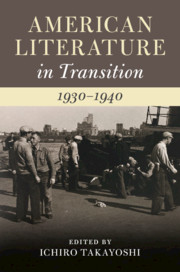
American Literature in Transition, 1930–1940
-
- Published online:
- 09 November 2018
- Print publication:
- 15 November 2018
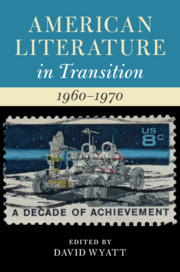
American Literature in Transition, 1960–1970
-
- Published online:
- 07 September 2018
- Print publication:
- 13 September 2018
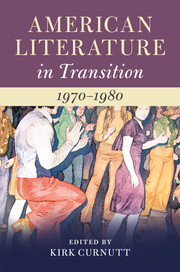
American Literature in Transition, 1970–1980
-
- Published online:
- 27 February 2018
- Print publication:
- 22 March 2018
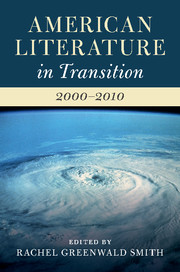
American Literature in Transition, 2000–2010
-
- Published online:
- 14 December 2017
- Print publication:
- 28 December 2017
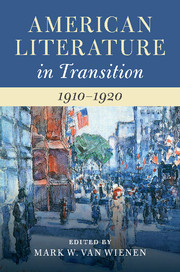
American Literature in Transition, 1910–1920
-
- Published online:
- 11 December 2017
- Print publication:
- 28 December 2017
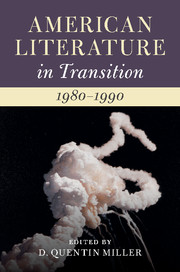
American Literature in Transition, 1980–1990
-
- Published online:
- 11 December 2017
- Print publication:
- 28 December 2017
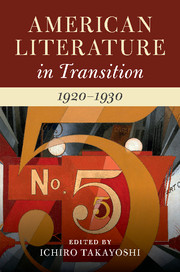
American Literature in Transition, 1920–1930
-
- Published online:
- 11 December 2017
- Print publication:
- 28 December 2017
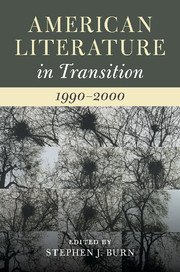
American Literature in Transition, 1990–2000
-
- Published online:
- 11 December 2017
- Print publication:
- 28 December 2017
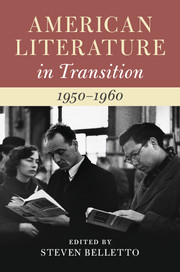
American Literature in Transition, 1950–1960
-
- Published online:
- 11 December 2017
- Print publication:
- 28 December 2017
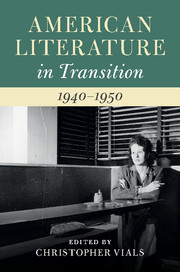
American Literature in Transition, 1940–1950
-
- Published online:
- 11 December 2017
- Print publication:
- 28 December 2017

